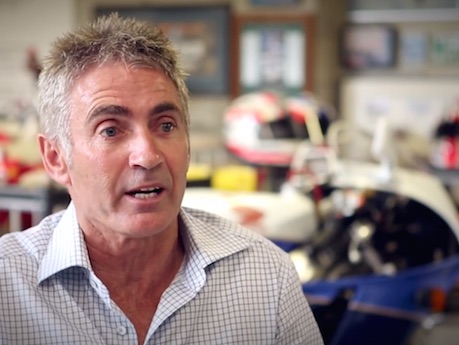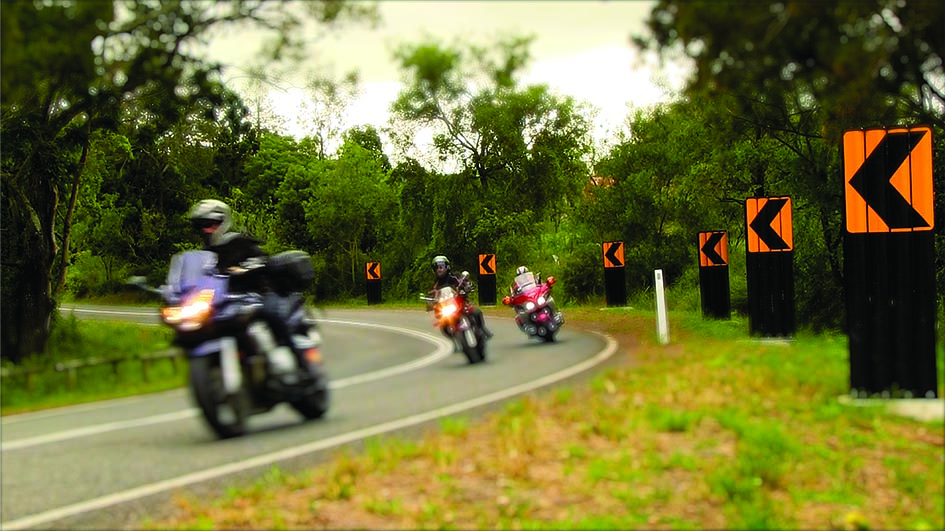The rider death toll on the Gold Coast hinterland has been steadily rising since the council-subsidised motorcycle roadcraft course was axed, leading to calls for it to be reinstated.
The Safe Motorcycle Advanced Rider Training courses was cancelled in 2012 despite winning the inaugural 2011 Australian Road Safety Awards.
It was cut over financial concerns and complaints that council was subsidising riders who were not ratepayers.
However, critics didn’t recognise the economic benefit of riders coming to the area as well as the financial impost caused by those out-of-towner riders crashing and requiring emergency assistance and local infrastructure.
Despite the financial arguments, a senior police officer, five-time world motorcycle champion Mick Doohan and at least one councillor now hope to reinstate the training courses.
The courses cost $45 and were subsidised 50% by council but were open to all riders, including those from interstate, who use the region’s roads, not just ratepayers.
Gold Coast police traffic branch officer in charge Snr Sgt Bradyn Murphy says the course had contributed to reducing the region’s motorcycle rider toll from 25 in 2007 when it began to four in 2012 when it was cut. Last year it had grown to 14.
“If it’s a matter of money for council, I’m sure people wouldn’t mind paying at least $100 when you consider what other courses cost,” he says.
“What price do you put on your life? It’s like an insurance policy.”
He says most of the crashes involve middle-aged men who didn’t know how to handle big bikes on the challenging roads of the Hinterland.
Mick Doohan was the original ambassador for the course when they were launched in 2007.

He says rider and driver training is too expensive and needs to be subsidised.
Councillor Dawn Crichlow, who chaired the relevant committee when SMART was operating, says she hopes to reinstate the award-winning training course.
Rather than just teaching riding skills, the SMART courses – which were held fortnightly from March to September – focus on road craft and the mental approach to riding.
In 2011, Gold Coast City Council was presented with the Australian Road Safety Founder’s Award for Outstanding Achievement (Overall Award) and the Local Government Award.
The judging panel included University of NSW Road Safety chair Professor Raphael Grzebieta, international road safety expert Robert Klein and National Transport Commission senior manager Jeff Potter.


